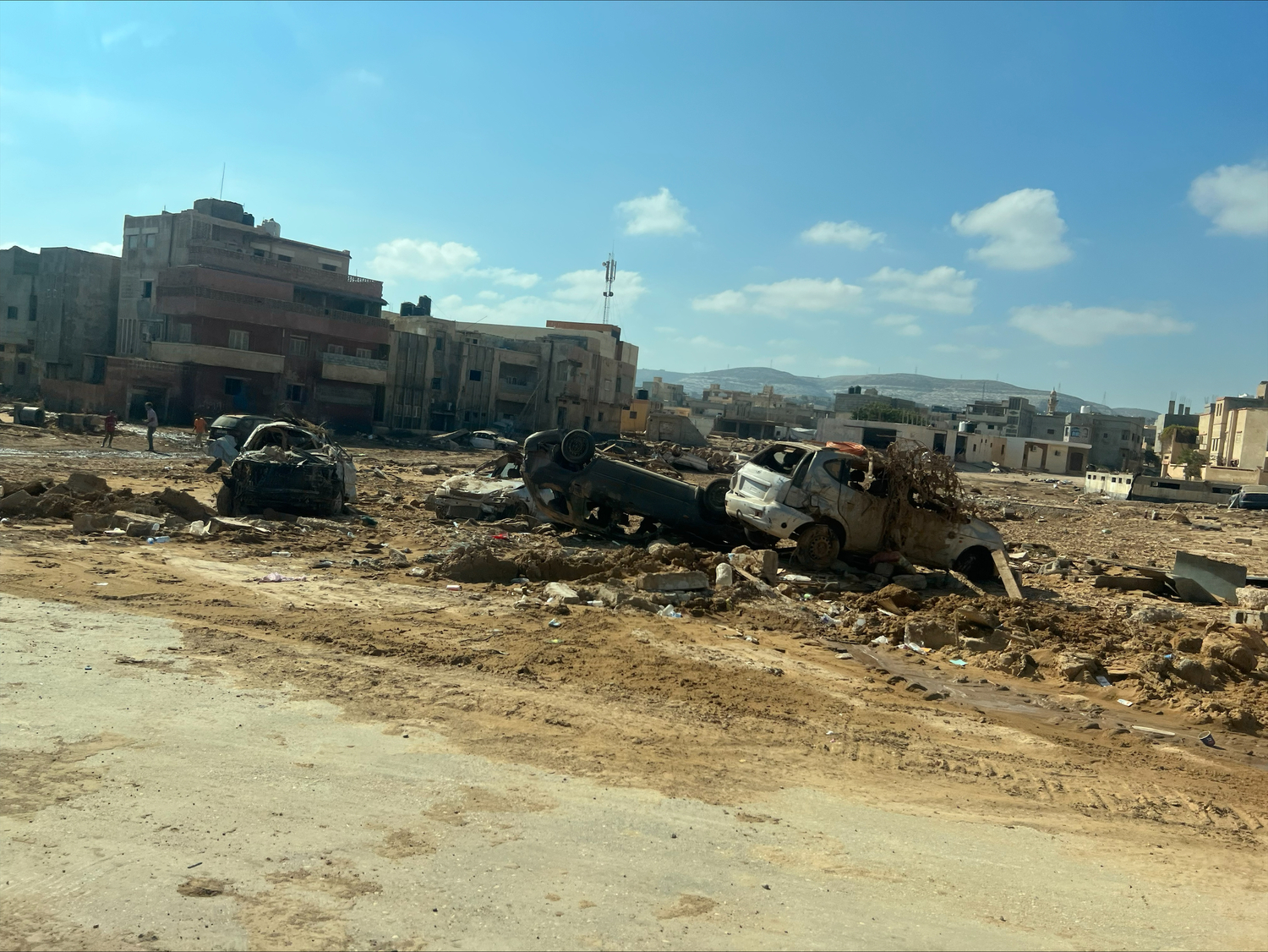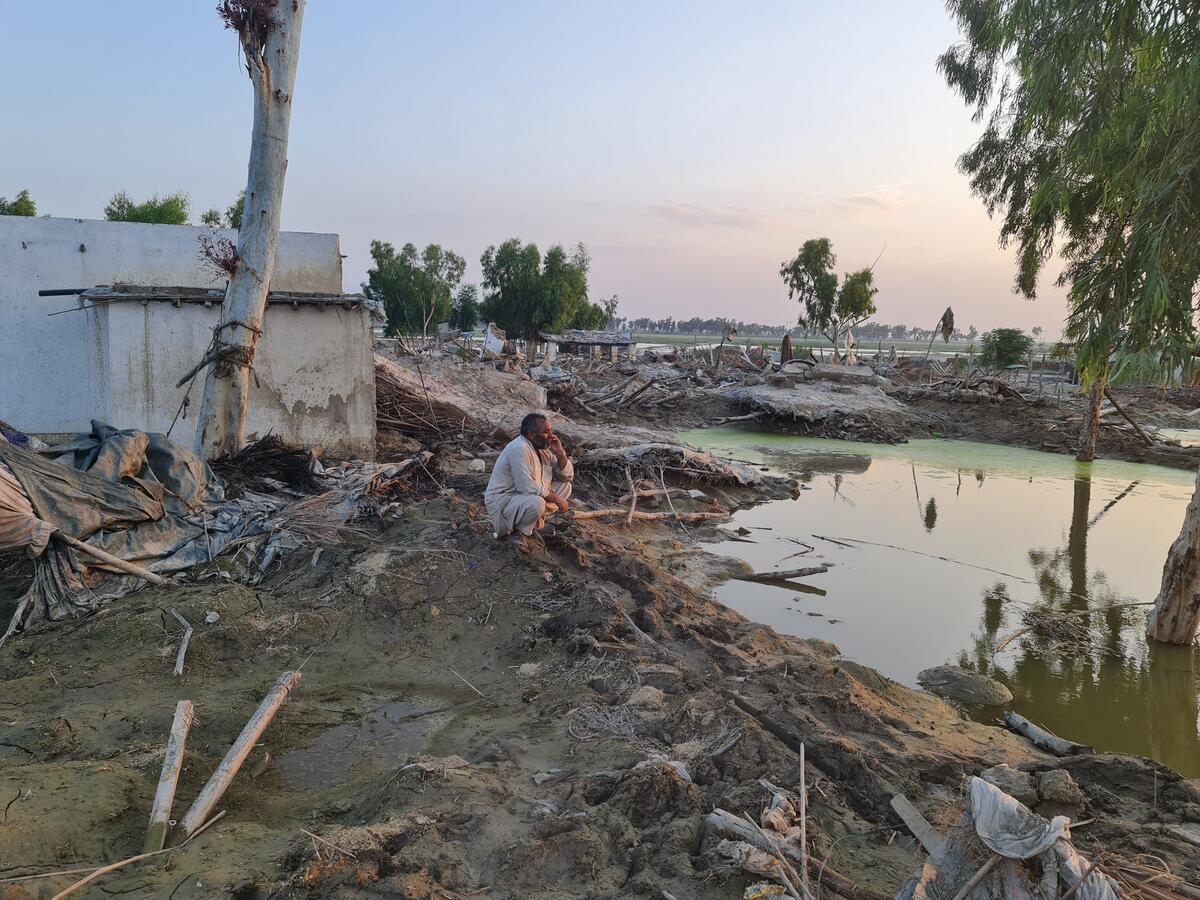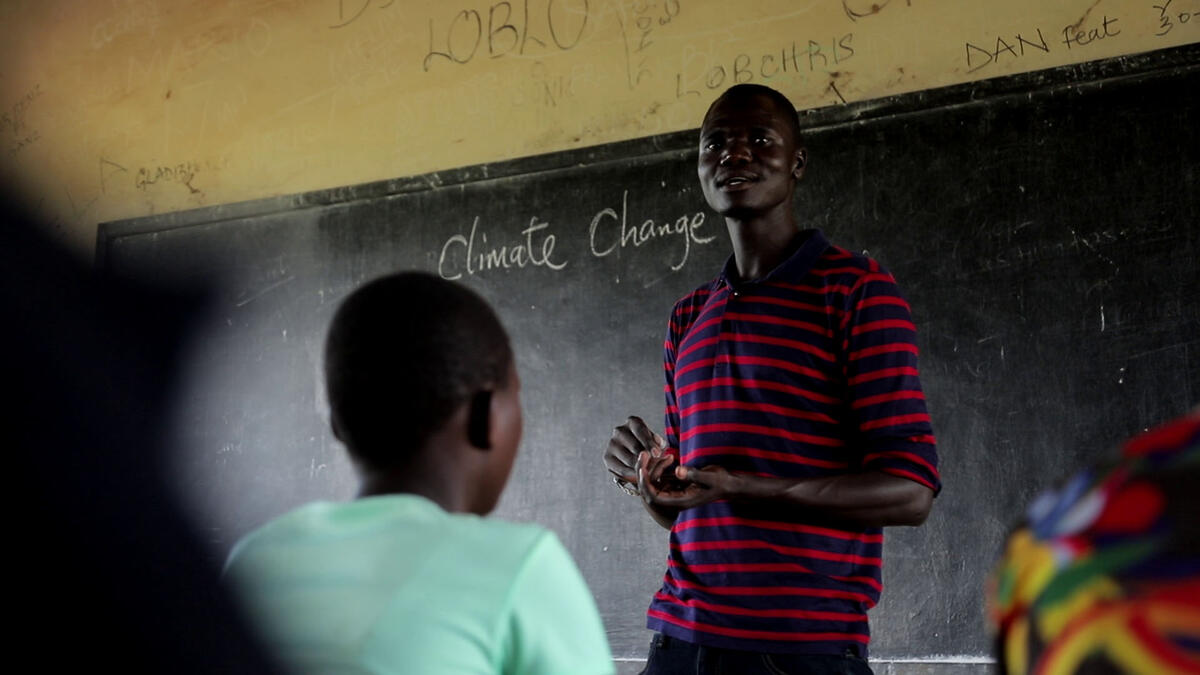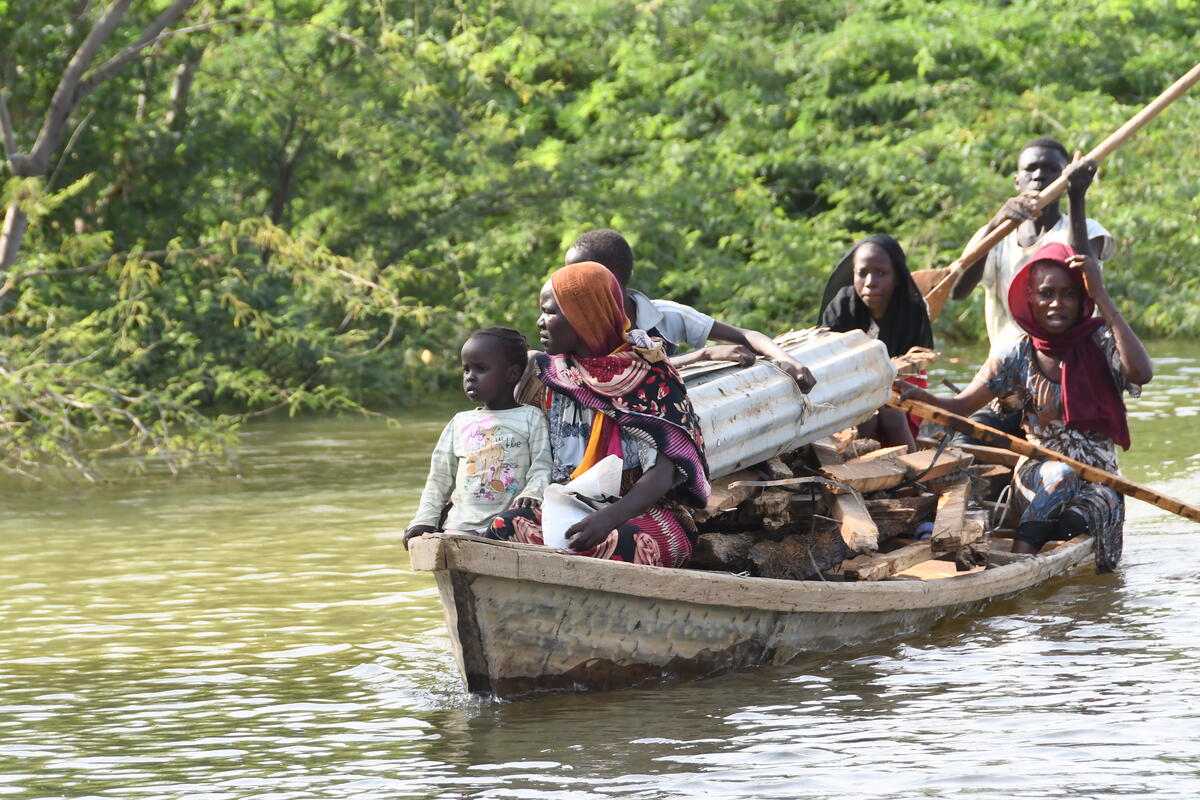Widows and orphans in Myanmar face dangers six months after Nargis
Widows and orphans in Myanmar face dangers six months after Nargis

YANGON, Myanmar, October 31 (UNHCR) - Six months after the deadly Cyclone Nargis struck Myanmar's Irrawaddy delta region, the UN refugee agency remains concerned about the welfare of many widows and orphans.
"UNHCR is a protection agency and our monitoring in the villages affected by Cyclone Nargis has found a number of vulnerable people, such as women who lost their husbands and children who lost their parents to the cyclone," Marc Rapoport, operations manager of UNHCR's office in Yangon, said on Friday.
"The agency's concern is that without adequate shelter, these vulnerable survivors could be at risk of displacement, which could put them in danger of exploitation, forced labour, prostitution and trafficking," he added.
Rapoport said UNHCR needed to raise US$1.2 million "to ensure a field presence, to be able to carry on our work helping those vulnerable people."
UNHCR cooperates with other UN agencies to provide solutions for those most in need - working with the World Food Programme to get food for the hungry and steering orphans to UNICEF's child care centres.
Although responding to natural disasters such as Cyclone Nargis - which hit Myanmar on the night of 2-3 May - is not part of UNHCR's mandate, the refugee agency took a quick decision to be involved in the emergency operation, focusing on shelter, distribution of non-food items and protection in the delta.
The cyclone affected some 2.4 million people; almost 140,000 people were killed or are still missing.
UNHCR had the first land convoy to reach Myanmar last May (carrying emergency supplies from its stockpiles in neighbouring Thailand) and also airlifted aid from Dubai to the city of Yangon. The UN refugee agency has helped some 200,000 people with nearly 88,000 plastic sheets, more than 117,000 blankets, 113,000 mosquito nets, nearly 50,000 sets of pots and pans, about 100,000 jerry cans and almost 400,000 bars of soap.
As of last weekend, UNHCR and its partners had provided shelter for 93.5 percent of families needing it in the Laputta area of the Irrawaddy delta and for 87.9 percent of the families needing it in the Bogale area. The agency still needs money to build shelters for up to 15,000 vulnerable people in these two districts.
UNHCR Information Assistant Myo Thiha Kyaw, who visits the delta frequently, noted that people who have received plastic sheets are very grateful.
"They tell us the plastic sheets are essential roofing material because the thatch they usually use will take at least eight months to grow to a usable size," he said. "Before receiving our plastic sheets, they say they had to constantly shift around their houses to avoid rainwater leakages."
Plastic sheets also allow families to harvest rainwater, which is essential because most families' ponds were flooded during the cyclone. Mosquito nets distributed by UNHCR are also essential because of the prevalence of dengue in the area.








